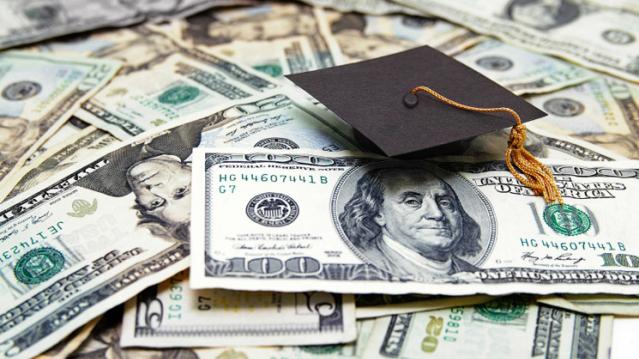Why the Class of 2015 May Actually Get Good Jobs

Not only are there more jobs available for 2015 college grads, there are more good jobs available to them, according to a new analysis by economists with the Federal Reserve Bank of New York.
The New York fed found that the underemployment rate for recent graduates—which had risen steadily with the exception of a fleeting dip in 2011—has finally started to fall. It has dropped about 2 percentage points since last June to 44.6.
That trend, coupled with a continued decline in unemployment for recent college grads, offers reason for hope for the class of 2015. Job postings for college graduates have increased by about 10 percent since last summer.
Related: The 10 Best Cities for New Grads to Launch their Careers
“While the demand for college graduates appears to be picking up, significant labor market slack remains,” write authors Jaison R. Abel and Richard Dietz. “So continued strong growth in the demand for college graduates may well be necessary to make a more serious dent in the underemployment rate.”
A separate study released last month by the National Association of Colleges and Employers found that employers expect to hire nearly 10 percent more new college graduates this year than last year.
The ease with which students can find jobs will depend not only on their major (those with degrees in engineering, business and computer science are the most in demand), but also on their location. A recent report by WalletHub ranking the nation’s largest cities from best to worst places to start a career found showed that cities in Texas and California have the most opportunities.
Will Trump's Tax Cuts Really Happen? Economists Are Surprisingly Optimistic
Despite all the thorny questions swirling around President Trump's nascent tax reform plan, 29 of 38 economists surveyed by Bloomberg in a monthly poll said they expect Congress to cut taxes by November of next year.
The hitch: The economists don’t expect the cuts will help the economy much. The median projection of a larger group of 71 economists is for 2018 growth of 2.3 percent, up only slightly from 2.1 percent this year — and by 2019, the economists see growth slipping back to 2 percent.



